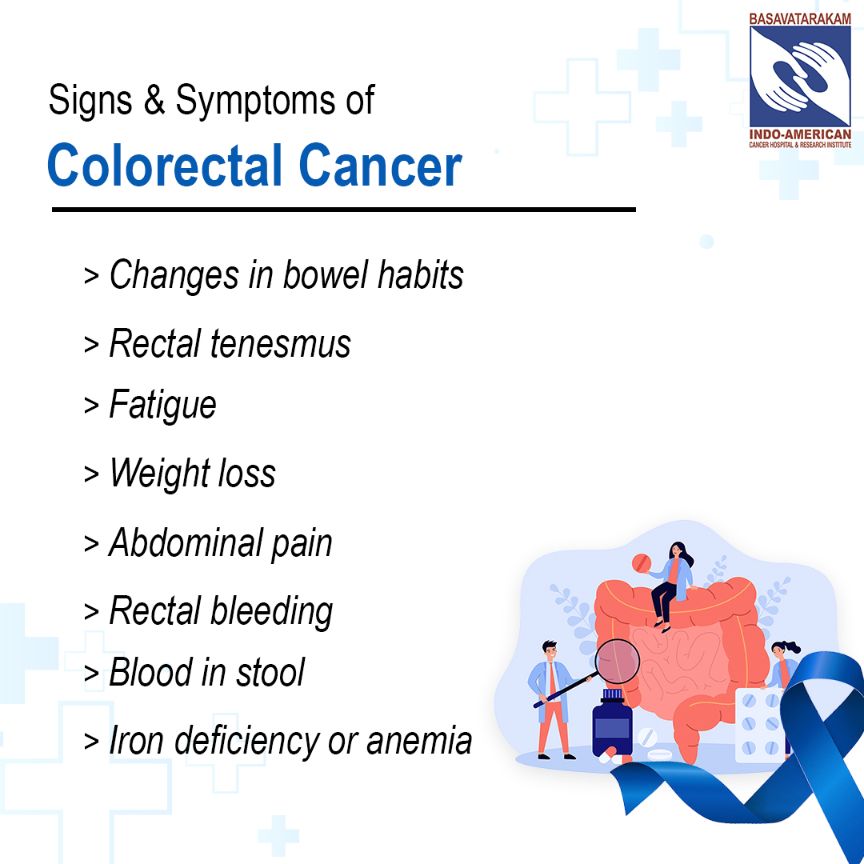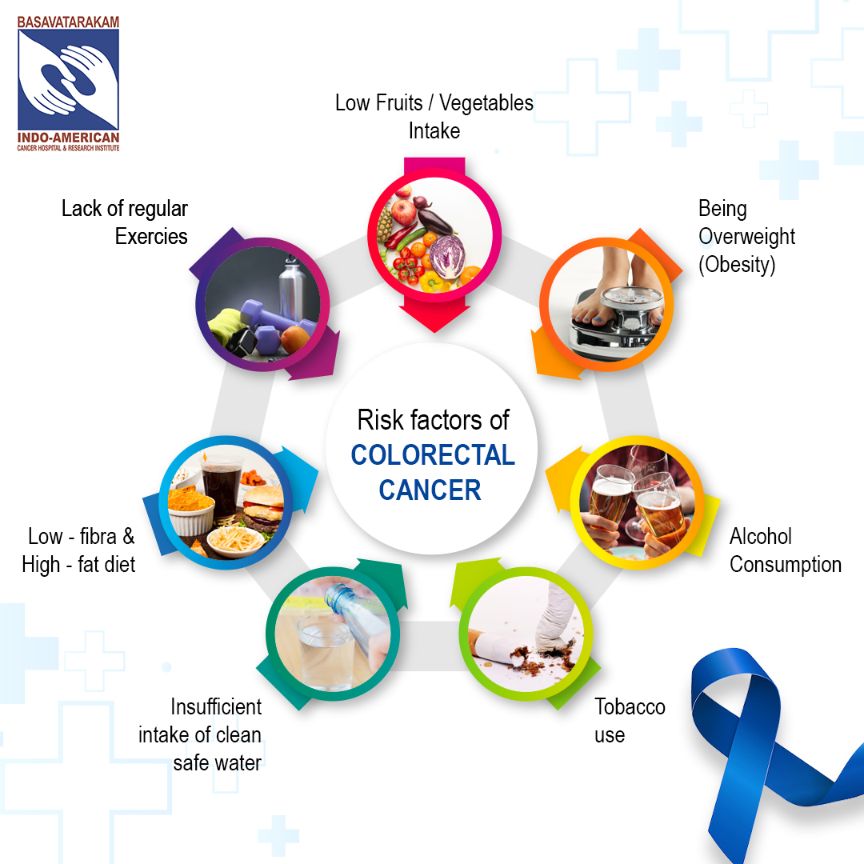Colorectal cancer is a type of cancer that begins in the colon or rectum. It is the third most common cancer in both men and women, and the second leading cause of cancer-related deaths in the United States. However, it is also one of the most preventable cancers through screening and early detection.

Causes and Risk Factors
The exact cause of colorectal cancer is unknown, but there are several factors that increase the risk of developing it. Age is the biggest risk factor, as most cases occur in people over the age of 50. Other risk factors include:
Family history of colorectal cancer or polyps
Personal history of inflammatory bowel disease (IBD), such as Crohn’s disease or ulcerative colitis
Inherited gene mutations, such as Lynch syndrome or familial adenomatous polyposis (FAP)
Sedentary lifestyle and lack of physical activity
High consumption of processed and red meats
Obesity
Smoking and heavy alcohol consumption.

Symptoms
In the early stages, colorectal cancer may not cause any symptoms. However, as the cancer grows and spreads, symptoms may include:
Change in bowel habits, such as diarrhea, constipation, or narrowing of the stool
Blood in the stool
Abdominal pain or cramping
Unexplained weight loss
Fatigue and weakness
Iron-deficiency anemia
Screening and Diagnosis
Screening for colorectal cancer is important because it can detect precancerous polyps and early-stage cancer, which are more easily treated. The American Cancer Society recommends that people at average risk of colorectal cancer begin regular screening at age 45. However, people with a family history of colorectal cancer or certain other risk factors may need to start screening earlier.




